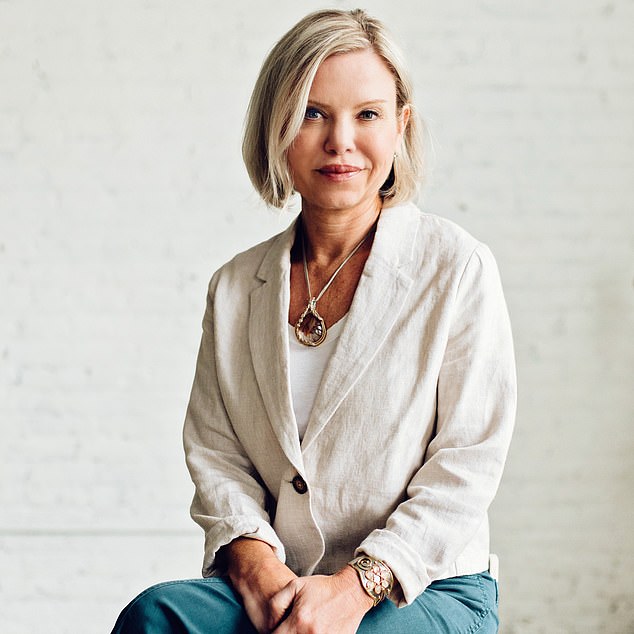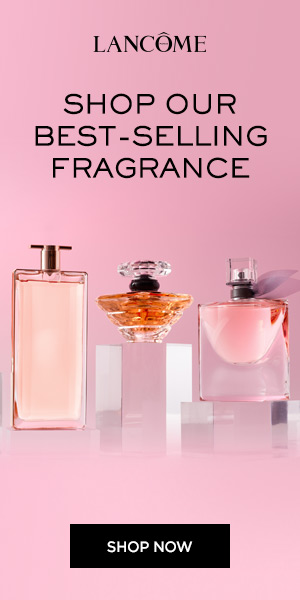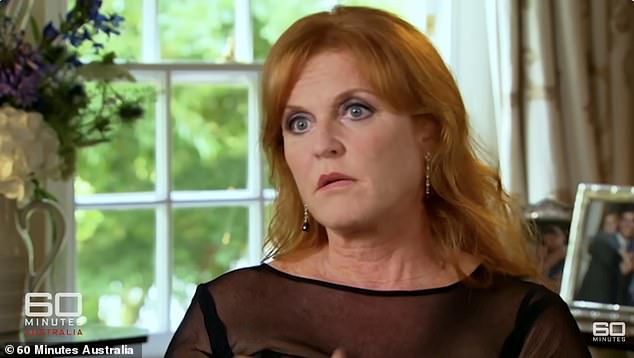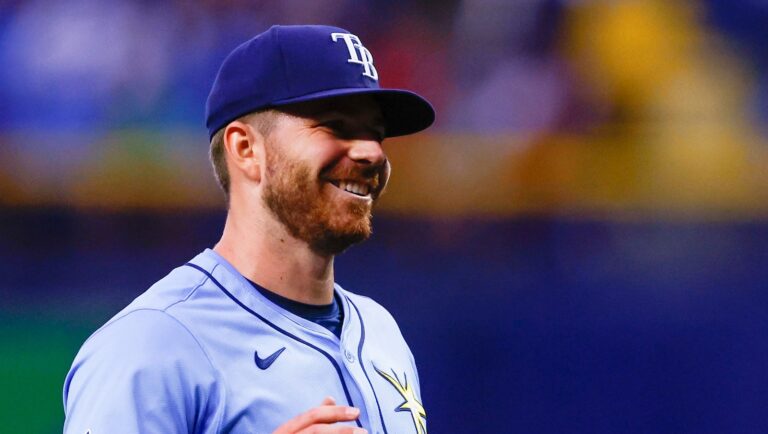Last Sunday night, I was sitting under a harvest moon with nine female friends. We were sipping white wine and posh vodka cocktails, laughing and dancing around a blazing fire to 1980s music.
The evening ended with us stripping to our underwear and jumping into the cold, dark river. Bliss.
Five short years ago, I’d never have imagined this could be me. A stressed mother of four, I spent 15 years drinking a bottle of chardonnay every single day.
I’ve also had three years of sobriety where I didn’t touch a drop. Decades of experience have taught me that drowning yourself in alcohol doesn’t bring happiness – but neither does total self-denial.
Now, at the age of 52 and twice divorced, I have found balance in my life, and a healthy approach to drinking alcohol. I delight in my work as the ‘Hangover Whisperer’ – my name on Instagram – where I teach other women how to become the version of themselves who prefers drinking in moderation.
In one-to-one coaching and group workshops, I spend my days helping women understand the real reasons they are drinking too much, and how to cut back without cutting it out altogether.
Since 2021, I’ve gained more than 160,000 followers on TikTok. ‘Colleen has completely changed my life,’ says one former client of my business, Emotional Sobriety Coaching. ‘I now realise that I had a thinking problem, not a drinking problem,’ says another.
‘Get happy, not sober’ is our mantra, and it’s an approach that works.

Decades of experience have taught Colleen Freeland that drowning yourself in alcohol doesn’t bring happiness – but neither does total self-denial
I grew up as a church-going girl in Indiana, US: I had my first drink, a beer, at a party when I was 17. The legal age for drinking in the US is 21, but my friend’s parents said it was fine to have a small drink that evening, and it felt good to be included in the ‘adult’ crowd.
In reality, of course, I was still a child: no one had ever taught me how to drink responsibly. And by the time I started university that autumn, I’d fully switched teams from ‘good girl’ to ‘party-girl’.
I remember getting into a drinking contest where I drank 19 shots of Drambuie. It was disgusting, but I didn’t let that stop me. Always a competitive person, I wanted to get an ‘A’ in this too. Instead, I woke up after a blackout, having no memory of how I’d got home, seeing my mum crying at the end of my bed.
Many of my university parties ended up in a bathroom, being sick because I drank too much.
Occasionally, I made the decision to drive when I shouldn’t have. I was really lucky there weren’t any serious consequences.
I married my boyfriend, Chad, when I was 20, and at 21, became a teacher. As I was only three years older than my students, it was challenging standing in front of a class. Alcohol was my off-switch and at the end of the working week, I’d head off to the bar with the other young ‘cool’ teachers.
I had my first child at the age of 23, and went on to have four children, two boys and two girls, now aged between 20 and 28.
I had no problems giving up drinking during my pregnancies, and when I was breastfeeding, would ‘pump and dump’ my breast milk, so no alcohol ever reached the babies. After my second child was born, I gave up teaching and retrained as a personal trainer.

On a Sunday night in 2006 after a holiday to Florida, Colleen switched from needing a reason to have a drink (like being on holiday) to needing a reason that justified not having a drink
Slowly, my drinking ticked up. For me, the turning point happened on a Sunday night in 2006 after a holiday to Florida. I switched from needing a reason to have a drink (like being on holiday) to needing a reason that justified not having a drink.
We’d driven 18 hours home with four grumpy kids. After getting the laundry done and everything put away, I felt like I deserved a reward. So I mixed vodka with cranberry juice and stayed up an extra hour watching the television.
I didn’t get drunk, so I wasn’t hungover. And the next night I did it again because, as a busy mum, it was the easiest way to give myself a break from the daily monotony.
It would be 15 years before I’d go an entire day without alcohol.
I never missed a day, even when I had the flu.
Why did I need the booze so much? I believe it was mostly because I was on my own so much: the drinking was a symptom of my unmet needs. Chad had a high-powered job as the CEO of a hospital.
This meant we had a nice lifestyle – a cleaner, private schooling for our children – but the flip-side was he often worked late. So, I’d have dinner with the kids, and treat myself to a bottle of wine. Of course, alcohol didn’t help my marriage. By the time Chad got home, I’d be tipsy, and often, I’d be angry, and we’d argue.
I always drank more than he did, and often became heated and emotional. But alcohol took away my voice, because even when I had something important to say, he could reply: ‘You’re drunk.’ And since it was true, he’d win.
Through my 30s, while I was often tipsy at night, my work was not affected. I was still able to teach Power Yoga at 7am and run marathons on the weekends.

Through her 30s, while Colleen was often tipsy at night, her work was not affected, and she was still able to teach Power Yoga at 7am and run marathons on the weekends
I could still get up before dawn and glug down some water and some liver supplements, and drive the kids to school. In 2013, after years of bickering about his working and my drinking, Chad and I got divorced. Within two years, I was remarried – to Jeff, a neurosurgeon with three kids of his own.
As hopeful as I was that my new life would be a fresh start, Jeff also worked all the time, and now I had seven kids, a home and a holiday home by the lake to manage.
My inner perfectionist had not learned her lesson. I tried to do it all and quickly fell back into my old habits of using alcohol as a substitute for the peace and connection I desperately craved.
Then, when I was 46, the pandemic came along. Suddenly, all the everyday tasks – which until now had given me structure, and a reason to modify my drinking – went away.
As we had to stay at home, I no longer had to drive. I didn’t have to get up at 6am to teach my classes. The only things the kids – now in school or college – needed from me was the wifi password.
I went into freefall, sometimes drinking a bottle of vodka a day.
Six weeks into lockdown I told myself: ‘I can’t do this for even one more day’ and found myself calling the Alcoholics Anonymous hotline. It wasn’t a deeply thought-through decision: my hand just went out and dialled the number. Three minutes later, I was in an online meeting.
The AA method is for people who see themselves as alcoholics and consider alcoholism a disease that can’t be cured. So accepting that you’re an alcoholic means you can never drink again.
In the beginning, this all-or-nothing approach worked for me.
I was able to stop drinking completely. And even though I had ten days of detox, night sweats and brain fog, I was fortunate that my withdrawal wasn’t too bad. It felt like I’d walked away unharmed from a bad car accident.
After years of hiding and pretending that I wasn’t struggling, it was healing to talk freely about what I’d been going through.
And yet, ultimately, the idea that I was powerless over alcohol didn’t work for me. I believe alcoholism can be cured.
Brain scans of people six months to one year into recovery show that self-regulation is actually stronger in people who have overcome addiction.
In the past, I’d been able to control my drinking when I had to. I drank to excess only when I was alone – when I thought I could get away with it.
The question I had to answer was ‘why did I do this to myself?’ And what I realised was, I’d been serving other people – as a daughter, wife and mother – my entire life. Alcohol had simply become my self-approved consolation prize for accepting less than I wanted and needed.
The catch was, after three years of sobriety, my problems were no closer to being solved. Sure, I felt better because I no longer suffered from daily hangovers, but I still struggled with low energy and motivation. I still felt anxious. I’d still lost my spark.
And yet I’d also realised something profound: my issues didn’t stem from my relationship with alcohol, but from my relationship with myself. If I dealt with that, perhaps I could drink again.
It was in 2023 that I had my first alcoholic tipple after those three years of abstinence – half a glass of wine from a £500 bottle at my second husband’s mother’s funeral.
If I’m honest, even though the decision felt freeing, the experience itself wasn’t great. I drank a mouthful or two of beautiful, vintage cabernet, and then felt hungover for three days.
What’s more, all my old fears came back: I was concerned that I’d start heavy drinking again and worried what people would say. This time, however, I began to really think about, and study, the reasons people drink, including myself.
Over-drinking is a symptom of feeling out-of-control, not the cause. It’s a way to silence the negative self-talk and anxiety.
I learned that my alcohol cravings are in direct proportion to my stress levels. For other people, the precipitating factor could be loneliness or fear, but the answer is not to stop drinking altogether. It’s to focus on self-care.
You don’t have to drink ‘perfectly’; you just have to trust yourself to learn from every experience, including your mistakes.
I now do whatever I need to feel more peaceful, supported and in control of myself, my life and
my schedule. When I feel relaxed, I drink like someone who feels relaxed. And that means in moderation. Today, I drink two glasses of wine at the weekends or if I’m hanging out for several hours with friends, and one glass if I go out to dinner during the week. I don’t normally drink vodka but I will if it’s a special event and it looks good.

Colleen doesn’t encourage the women she helps to quit altogether, but to cut down by about 80 per cent, because taking away the one thing that does provide relief from stress before they have new coping skills can backfire
I don’t encourage the women I help to quit altogether, but to cut down by about 80 per cent, because taking away the one thing that does provide relief from stress before they have new coping skills can backfire.
Clients sign up for a programme which includes unlimited one-on-one sessions, workshops and 1,500 hours of my private podcasts. I also host Mindful Drinking events so people can practise drinking in moderation and no one has to explain themselves. There’s a 24/7 online community, too.
Science shows that the fastest and easiest way to change your mind is to join a group of like-minded people who share your goals. We discuss practical ways of moderating your drinking (see my tips below), but so much of the success is around changing the way you view alcohol.
If drinking too much is a symptom not a problem, the key is to prevent the stressor that causes it rather than resist the drinking part altogether.
We don’t talk about how powerless we are. Just the opposite. In fact, we don’t demonise alcohol at all. Talking about all the ways alcohol can harm your health creates even more fear, shame and anxiety.
Drinking is a choice, there are pros and cons. My curriculum helps women figure out for themselves how to drink in a way that gives them pleasure instead of an ‘issue’.
In less than five years, I’ve completely turned my life around.
I got an amicable divorce from my second husband, and after 30 years of being financially dependent on my spouses, I founded a highly profitable business.
I am so proud of everything that I’ve gone through both personally and professionally.
I have no problem talking about my drinking ‘problem’, which wasn’t really caused by drink, because it has given me wisdom, resilience and a meaningful purpose in life.
becoming overstimulated later on to the point where you need alcohol.
Colleen’s five ways to cut your drinking by 80pc
- Understand it’s about emotion not behaviour
I don’t find drinking apps to be that helpful. While they can give you an objective measure of how much you are drinking, if that awareness doesn’t change your habits, then you’re compounding your sense of shame and failure.
Instead of asking yourself how much you want to drink, ask yourself how much do I want to feel?
The aim is to become powerful, connected and relaxed – with the side-effect that you don’t feel the need to drink as much. Relaxed people don’t drink themselves into a stupor.
- Set yourself up early in the day
Surprisingly, an evening of moderate drinking begins first thing in the morning.
Start your day gently; spend an hour without your phone, turn off the TV. This will help regulate your nervous system and stop you becoming overstimulated later on to the point where you need alcohol.
- Practise delayed gratification
When it comes to the evening, don’t deny yourself altogether, but delay your first drink by an hour. Start off with water or a non-alcoholic option.
This will give your nervous system time to settle and help you choose what to drink, rather than put you on autopilot drinking mode.

When it comes to the evening, don’t deny yourself altogether, but delay your first drink by an hour. Start off with water or a non-alcoholic option
- Develop new emotional habits
Think about what you’d do in the evening instead of drinking: perhaps a short walk or gym class that provides pleasure. Consistent, positive experiences help the brain seek healthier habits instead of alcohol.
- Have realistic expectations
Perfectionists set themselves up for failure if they can’t move on after making a mistake. Messing up from time to time is inevitable.
Avoiding alcohol doesn’t mean you’ll avoid feelings of guilt and shame – in fact it’s those feelings you need to address.
Advertisement
- Go to: emotionalsobrietycoaching.com/podcast/
As told to MIRANDA LEVY









